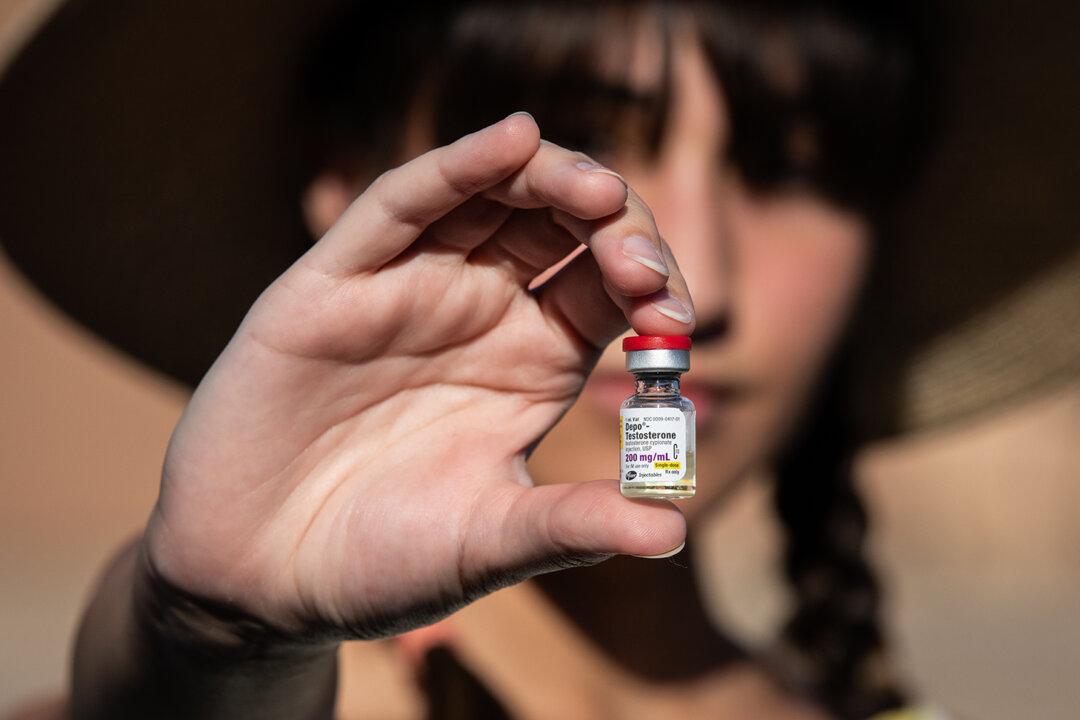A federal judge ruled on Tuesday that Georgia’s ban on puberty blockers and hormone therapy for minors with gender dysphoria can be reinstated, citing a recent federal appeals court decision that upheld a similar Alabama law.
U.S. District Judge Sarah Geraghty, an appointee of President Joe Biden, had on Aug. 20 issued a preliminary injunction (pdf) temporarily halting Georgia’s ban, which was scheduled to take effect on July 1.





